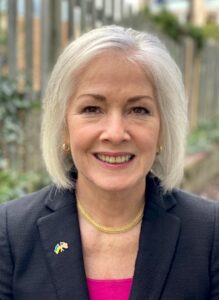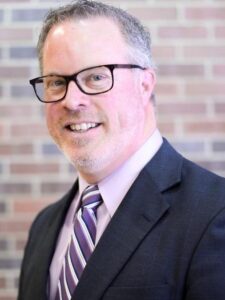Lessons from the Edge:
A conversation with former U.S. Ambassador to Ukraine, Her Excellency Marie Yovanovitch
 Ambassador Marie Yovanovitch will join the Foreign Policy Leadership Council by a special Zoom Conference Presentation from 7PM-8PM the evening of Wednesday, October 1st, 2025.
Ambassador Marie Yovanovitch will join the Foreign Policy Leadership Council by a special Zoom Conference Presentation from 7PM-8PM the evening of Wednesday, October 1st, 2025.
The Ambassador is author of a best-selling memoir, Lessons from the Edge, and is a Senior Fellow at the Carnegie Endowment for International Peace, as well as at the Institute for the Study of Diplomacy at Georgetown University.
Board Member Mr. Joe Dehner, founding President of the Cincinnati Kharkiv Sister Cities Program, will lead the conversation about Ukraine, Russia, and other matters over her career as a Foreign Service Officer.
Former FPLC speaker Madeline Albright hailed Lessons from the Edge as “essential reading for current policymakers, aspiring public servants, and anyone who cares about America’s role in the world.” The memoir includes a report of her support for a Cincinnati Sister Cities delegation caught in the turmoil of recent years in Ukraine.
NOTE: This will be a Zoom only conference for attendance by FPLC members and guests. There is NO CHARGE, but advance registration is required. Zoom link access information will be sent to you upon completing the registration process.
or scan the following QR Code:






 Mr. Hirte will be joining us from his office in Belgium for sharing with our members a dynamic and timely presentation on the “The Current Economic and Political Challenges of the European Union”, a very important topic part of today’s global socio-economic and political context, especially following the many changes the past year of 2020 brought to the world landscape and to the European Union in particular.
Mr. Hirte will be joining us from his office in Belgium for sharing with our members a dynamic and timely presentation on the “The Current Economic and Political Challenges of the European Union”, a very important topic part of today’s global socio-economic and political context, especially following the many changes the past year of 2020 brought to the world landscape and to the European Union in particular.